The world’s news media recently turned to the Taiwan presidential election in January next year because the top two contenders are women, putting the country on track to have its first female president.
Unlike many female top leaders in other Asian countries who secured their position through family ties, most reports stressed that Taiwan is posed to elect a woman president who climbed through government and party ranks on her own.
This strong international focus on the presidential hopefuls’ gender stems from a global perspective that welcomes Taiwan once again taking democratic steps. Observers hope that Taiwan can have a positive influence on China’s future domestic politics because China has yet to democratically elect its leader and women’s civic engagement there is limited to a strict Communist Party mold. Just in March of this year, the Chinese government cracked down on women’s rights activists.
The two women contenders in this election come from the two major political parties of Taiwan.Tsai Ing-wen, 58, is the candidate from the Democratic Progressive Party (DPP) and 67-year-old Hung Hsiu-chu is the candidate from the Chinese Nationalist Party (KMT).
Tsai is a former university professor with experience in the legislative and executive branches. She is not new to the presidential race as she ran in the 2012 election as the DPP’s endorsed candidate, but lost against incumbent President Ma Ying-jeou from the KMT.
Hung was formerly a high school teacher with experience as a legislator for eight consecutive terms and has held various executive positions inside her party. She is currently the deputy speaker of the legislature.
In Taiwan, discussion of the gender factor has been scant, however, the reason being that public attitudes over women’s participation in politics have changed for the better. This is the result of a maturing society as well as decades-long struggle for equality by women in Taiwan. In 2012, Taiwan was ranked second in gender equality in the world (only from a male-female gender perspective and not including other gender identities such as transgender). Taiwan’s first and highest-ranked woman in politics is Former Vice President Annette Lu, who was elected in 2000 under the DPP ticket. The latest parliament consists of 33.6% women, which is the highest in Asia and among the top 20 worldwide.
Nevertheless, the Taiwanese public considers the upcoming election a no-brainer as to who will win, and there isn’t too much excitement or expectations compared to previous elections. The ruling party performance these past eight years has been poor and its popularity is low.
Last year, the approval rating of the president drastically declined as a result of the Sunflower Movement, in which students occupied the legislature for 18 days to demand government reform. During the local elections at the end of 2014, the KMT’s lackluster performance by only winning six seats out of 22 municipalities was characterized as vote of no-confidence in the president and his party.
As President Ma Ying-jeou is unable to run again due to term limits, none of the potential men candidates in his party have chosen to run, unwilling to risk a loss and embarrassment. The only person in the KMT brave enough to bear the responsibility was a woman, Hung. Yet, she struggled for her party to endorse her candidacy, which was finally announced on July 19 at the party’s congress.
Despite the hurdle, Hung’s participation made strides in changing a political party that most people had never thought would endorse a woman.
Meanwhile, online responses regarding a future woman president of Taiwan is positive.
Read more: globalvoicesonline.org
Written by Sophie Hsu
Global Voices





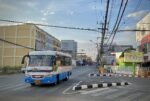

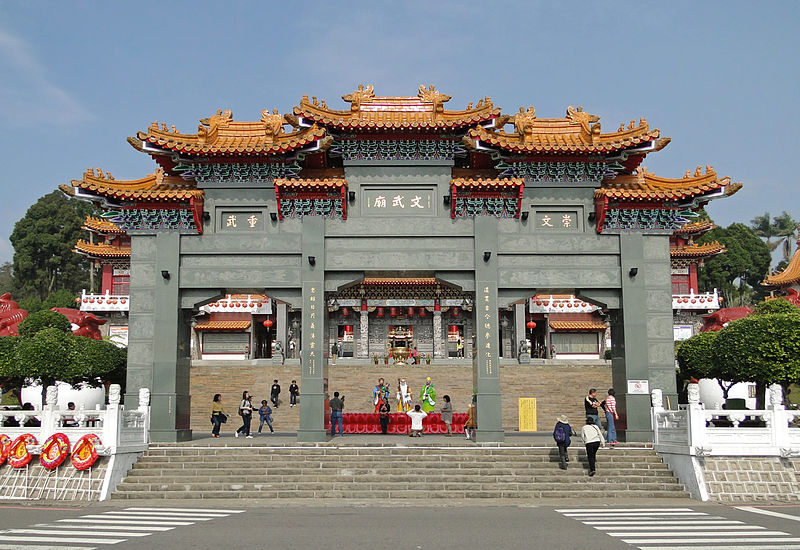

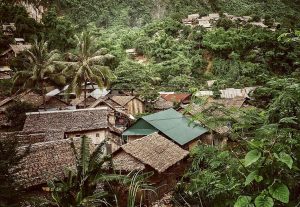


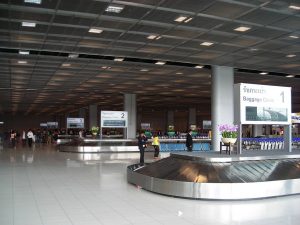
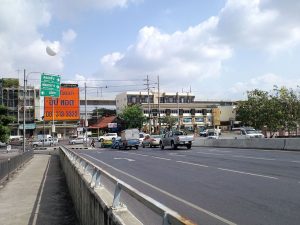
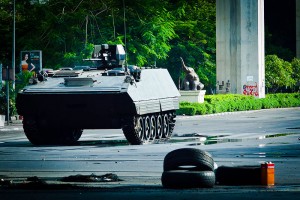

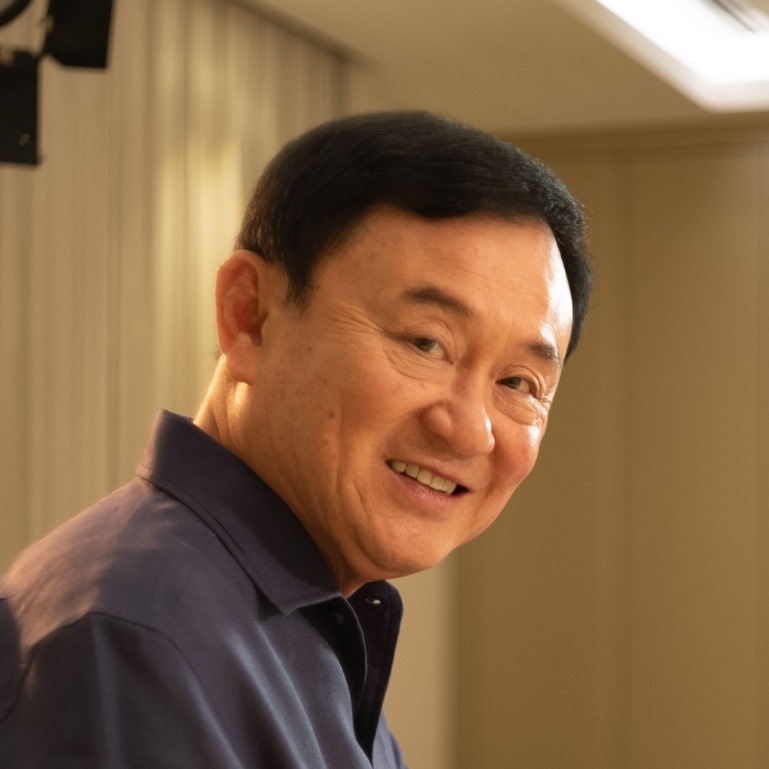
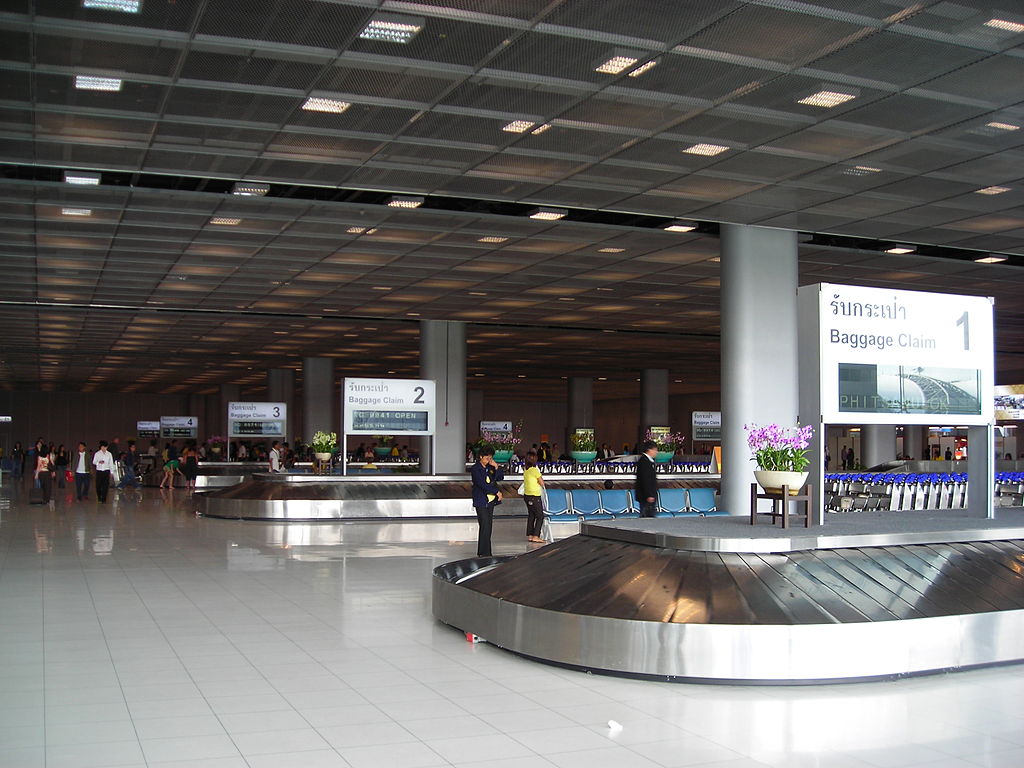
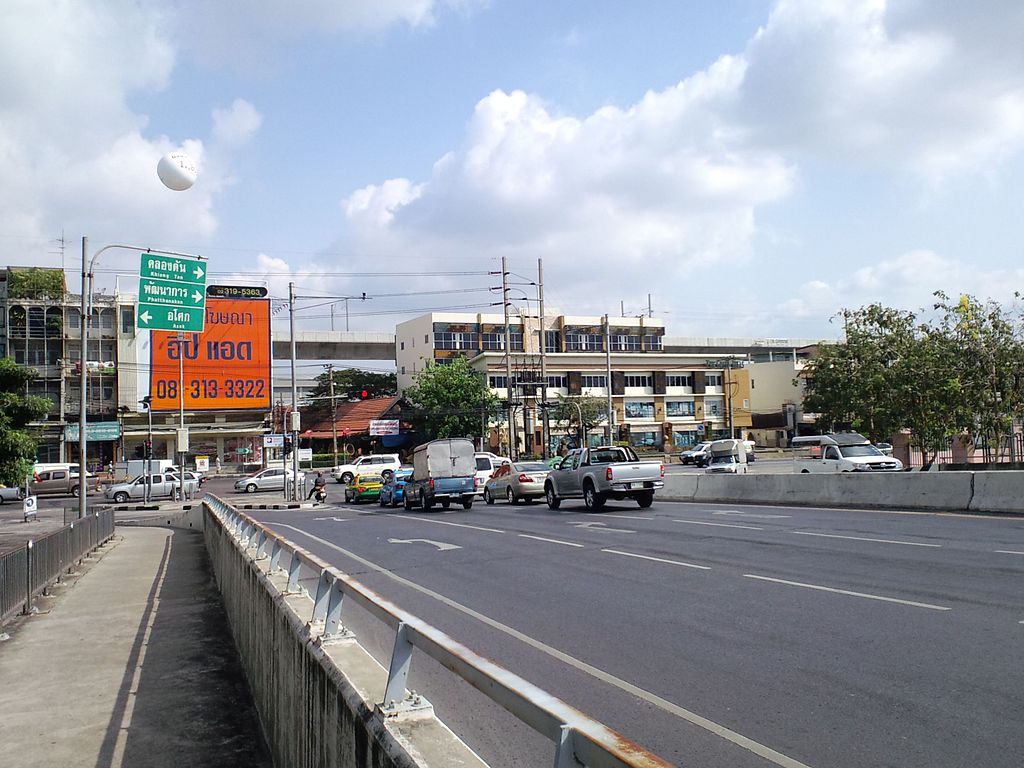

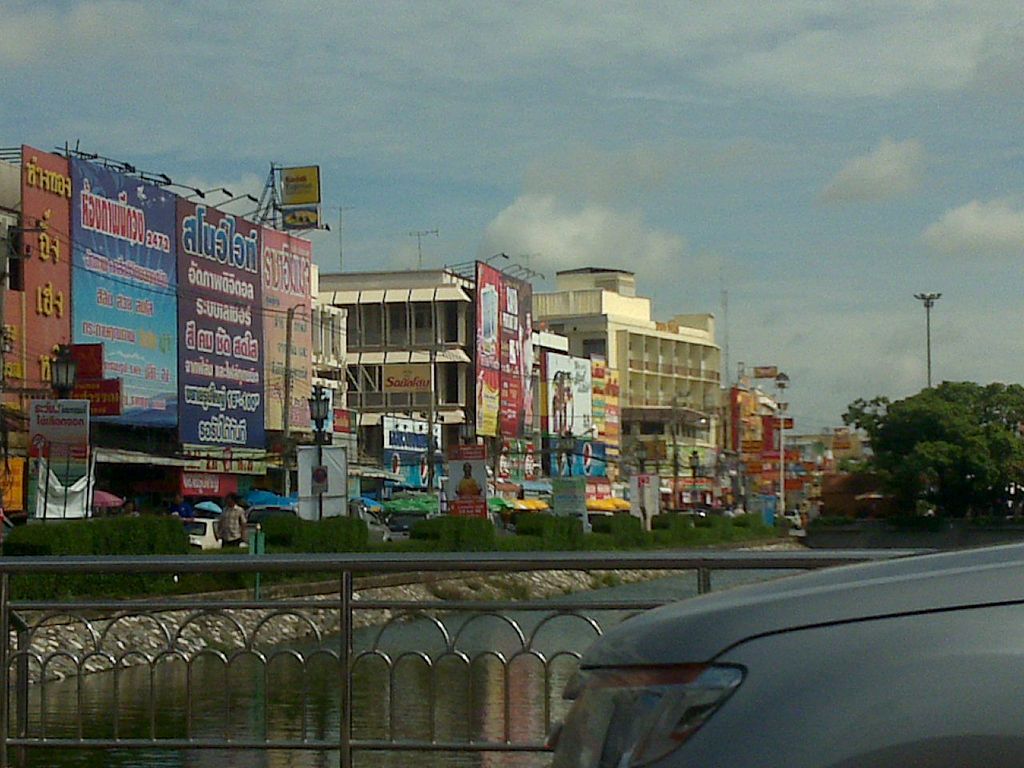

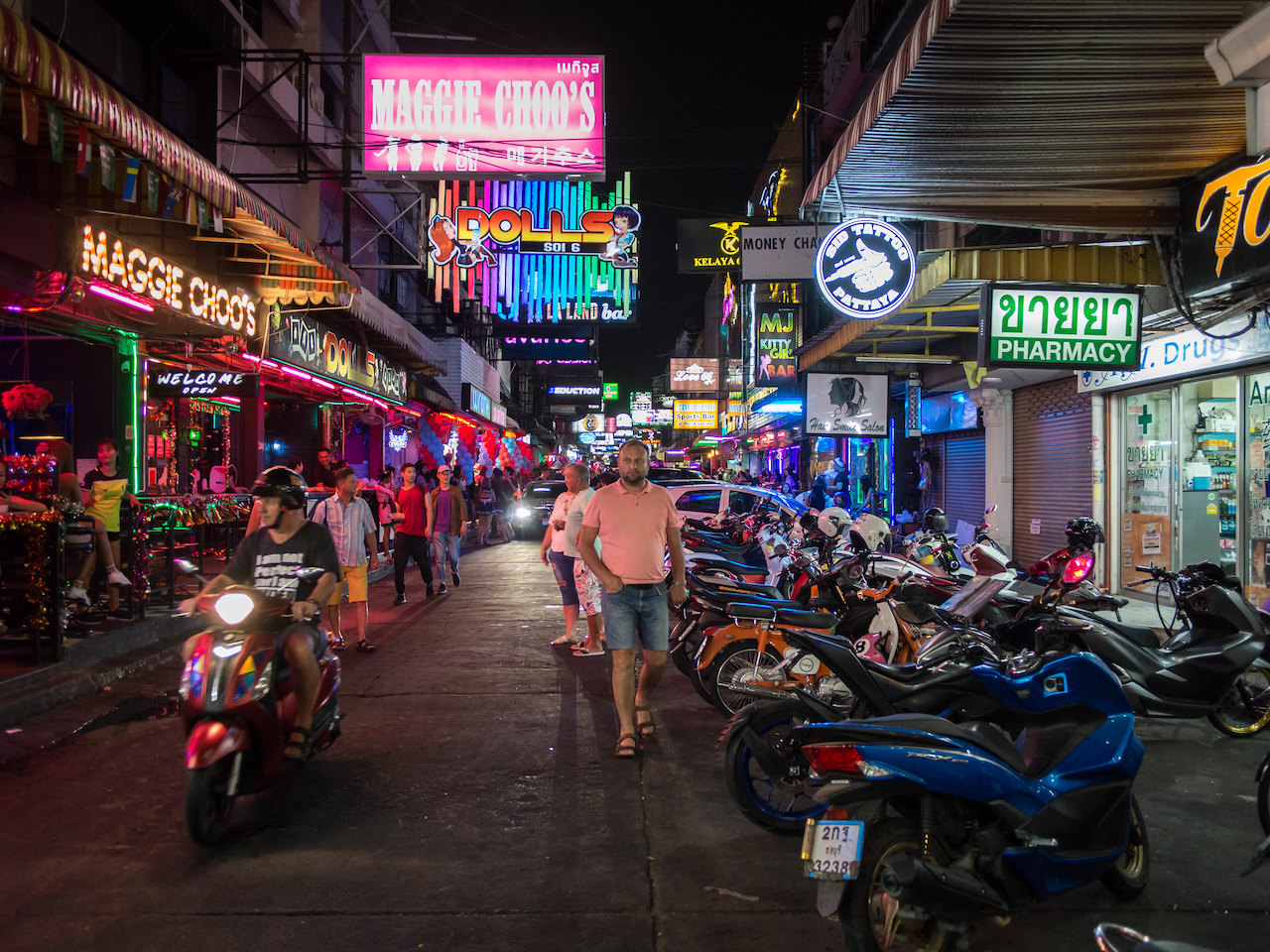
+ There are no comments
Add yours